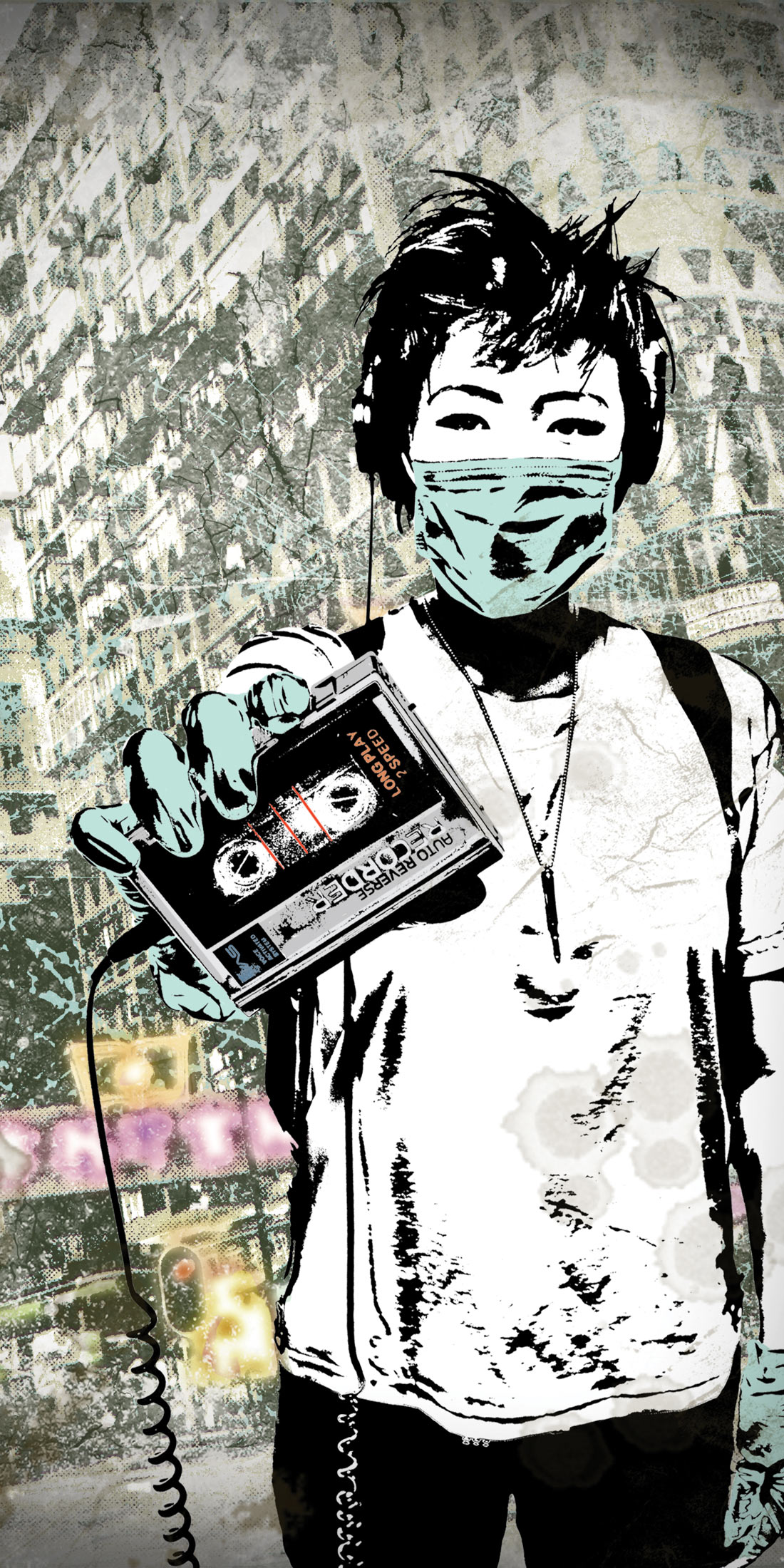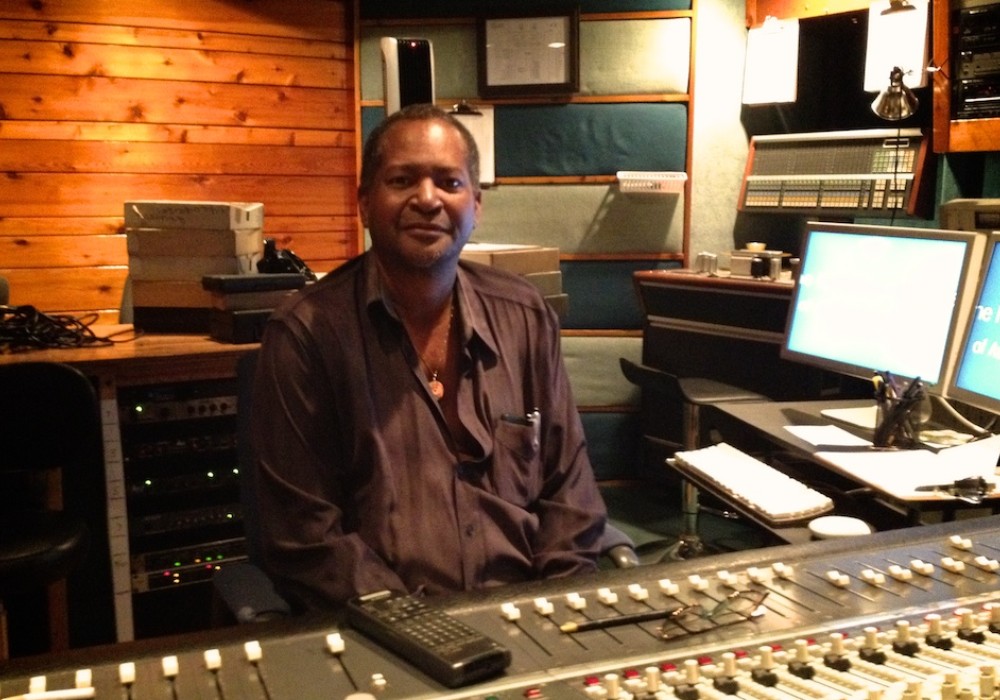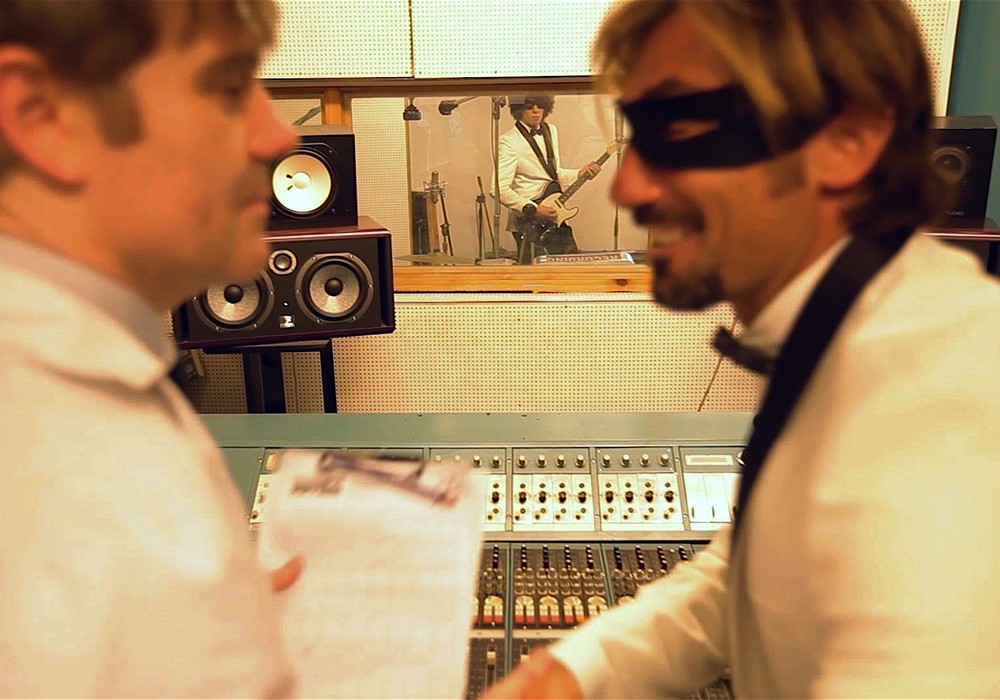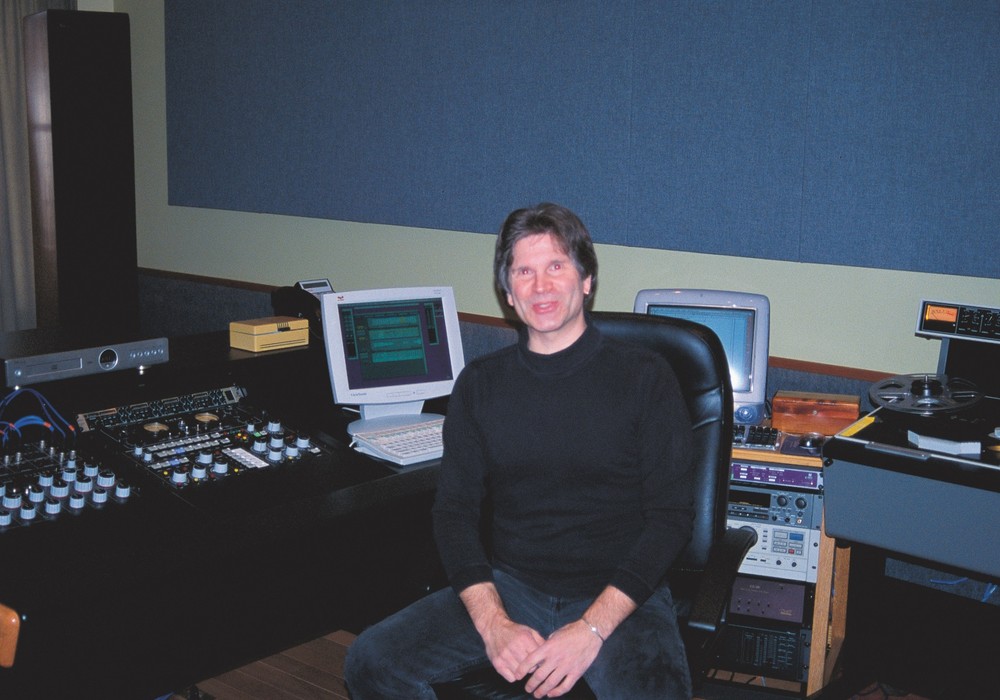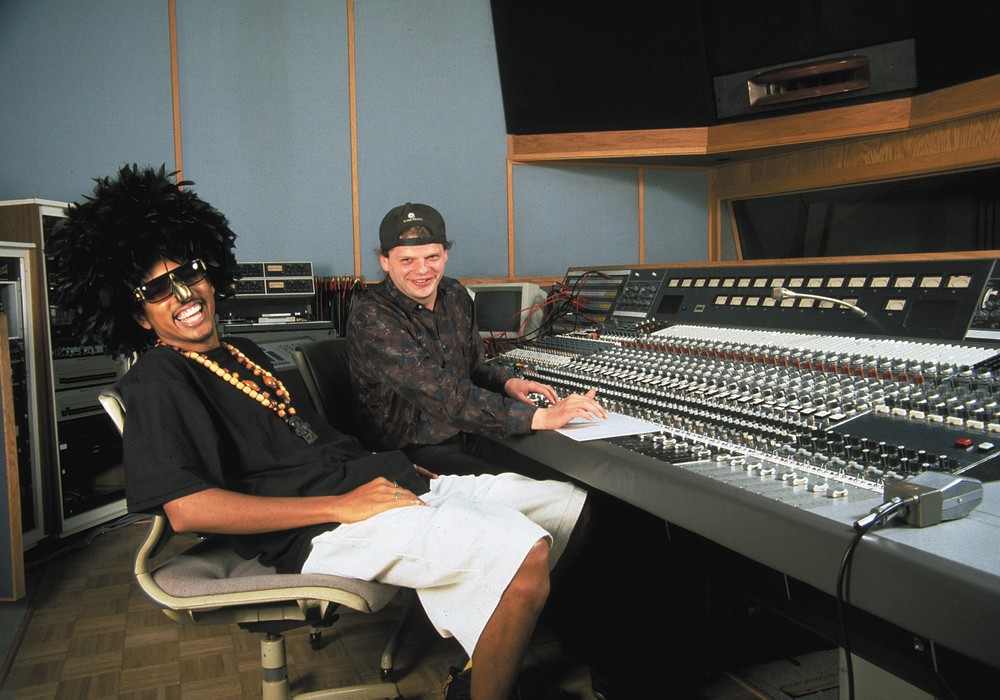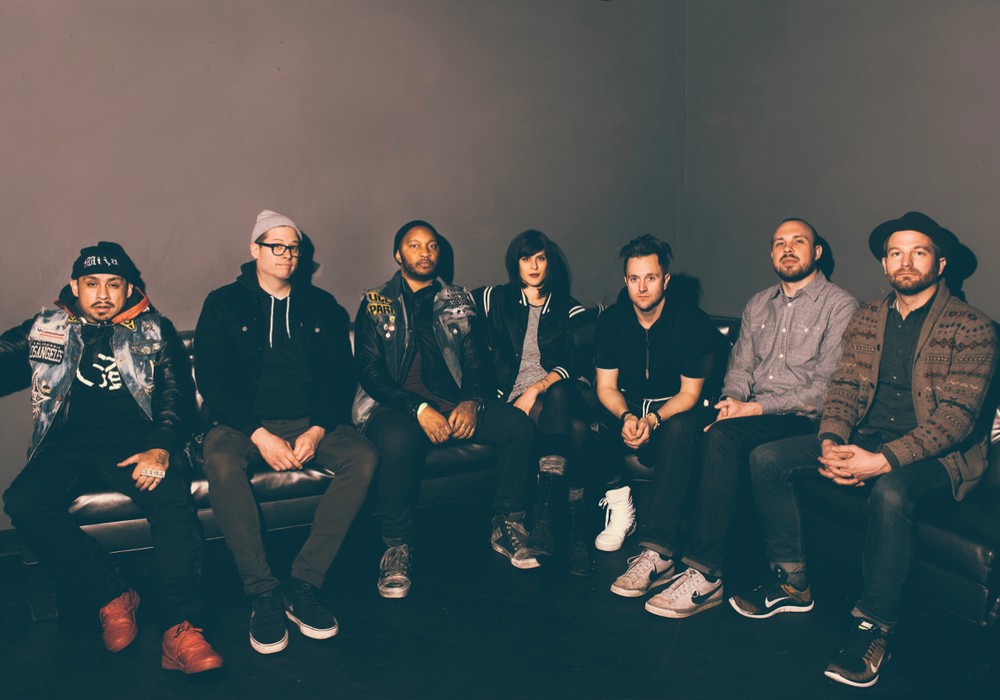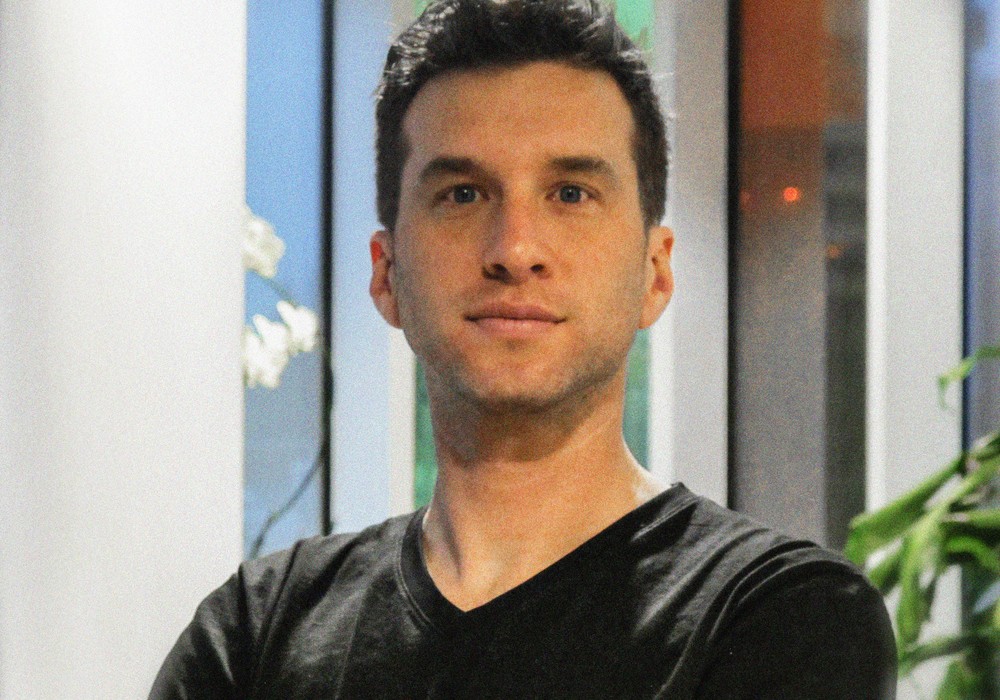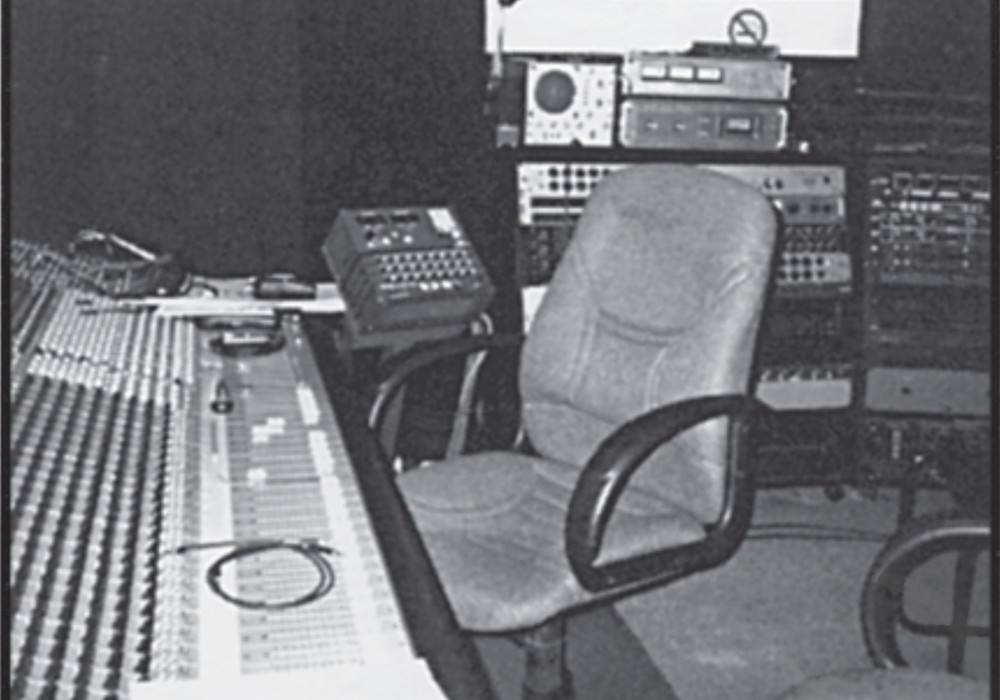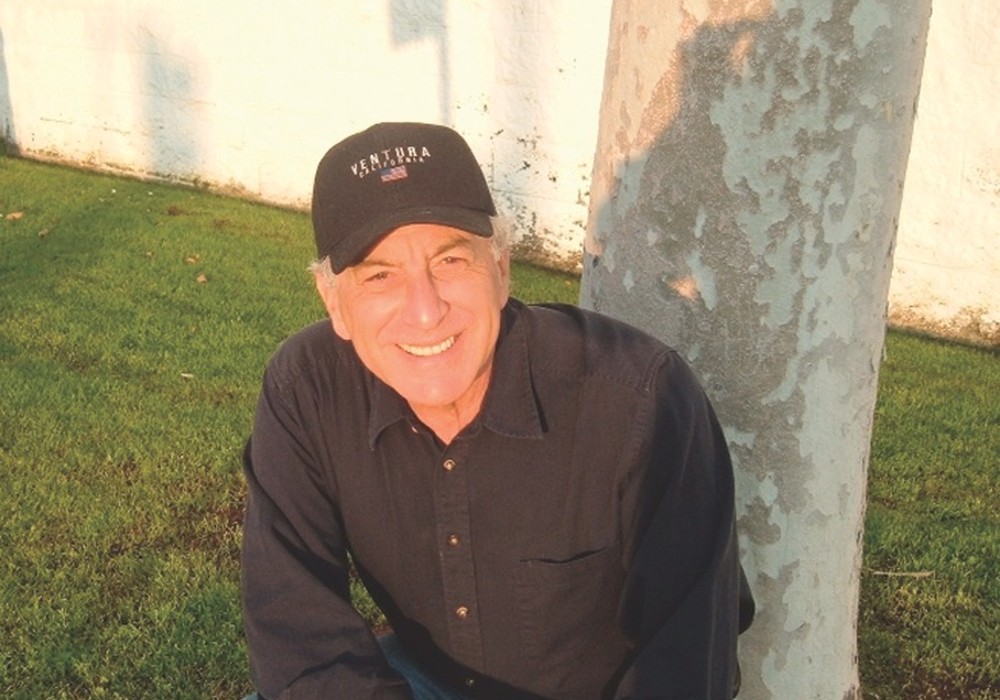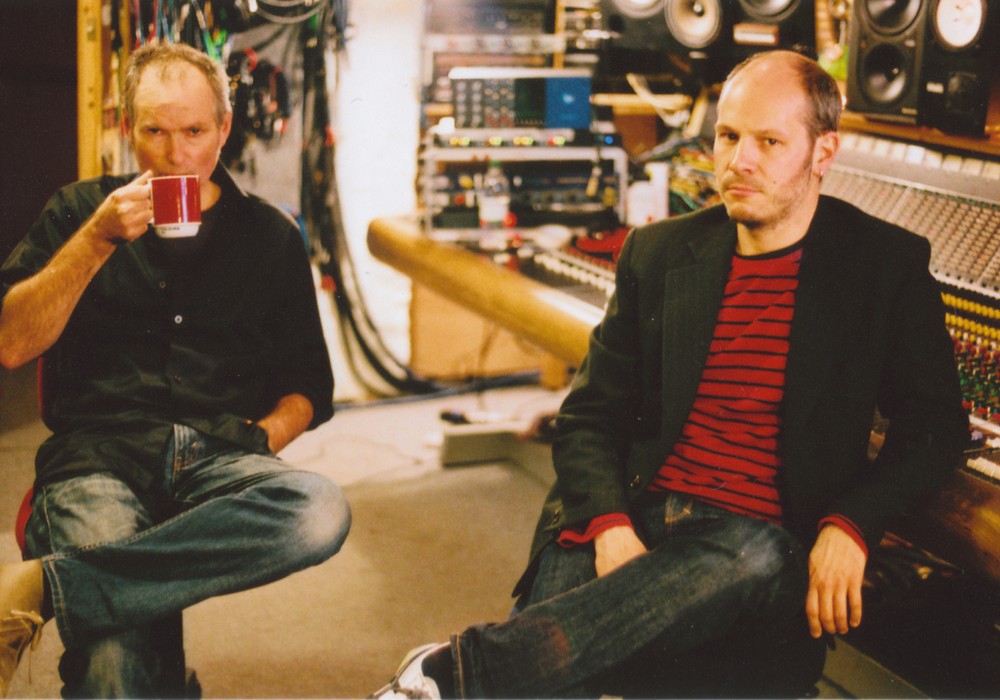With over 40 years of studio experience, and having worked with artists like Dave Brubeck, George Benson, and Weather Report, Robert Honablue was recently the Director of Engineering at The Honablue Institute of Audio Engineering in Brooklyn's Bed-Stuy neighborhood. I dropped in one afternoon to talk about his career. Unfortunately, soon after our chat Robert closed down THI.
"It is with great sadness that I have to announce the closing of THI Studios to our clients and all potential clients. I know that THI served as one of the finest studios around for your projects. But running THI as a school, studio and mastering suite has taken its toll on me, and my doctor has suggested that I let go of the business for health reasons." — Robert Honablue
Did you work in video, initially?
I started out at NBC as a videotape engineer in '67 and I hated it. I stayed there for one year. I'll never forget the time I got so fed up that I actually gave my two-week notice without even having a job lined up. I didn't know where I was going to go.
Did you just not like the environment?
I liked the audio portion. They stuck me with The Tonight Show to do audio, but it was nothing of substance; Johnny Carson's ribbon desk mic, a few boom overheads, and some EV 635 omnidirectional mics. They didn't even have a decent console. They didn't really care about the audio too much. I remember going over to CBS Records faithfully every week and filling out my application. I wanted that job at CBS. There was something about the vibe there that I liked. Dave Brubeck, a pioneer for civil rights and noted jazz musician, suggested I contact his record producer, Teo Macero, who introduced me to the Director of Engineering, Roy Friedman, of CBS Records. He said, "You've got the job. By the way, what are you doing tonight? Can you come by the studio?" Years later, I found out what that was about. I was the first black engineer to work for CBS records, and they were showing me off because we were right next door to the United Negro College Fund who were also at the party. I didn't know what was going on. I stayed there for four years and did a lot of mastering and recording. I was also the first mastering engineer who got credits on an album (for Edgar Winter's White Trash).
Did they have multiple suites for mastering?
The whole fifth floor was disc mastering, the fourth floor was editing. Studio B was on the second floor, and Studio E was on the sixth floor. I started out in mastering. I was the youngest kid up there, and I remember all these old white guys. They told me, "Stay away from the guys in the studio. They're crazy!" Then one day my supervisor said, "Honablue, we need an assistant down in the studio. Do you mind going down there?" I get down there, and these guys aren't crazy! The problem was that these guys were sending tapes up for mastering, and they'd say to us that they wanted it cut at a certain level. The mastering guys didn't want to do anything but just put the sliders down, start it up, and read the paper. That was my first time in the studio. I was wearing a suit and tie and we were working on Laura Nyro's album, Christmas and the Beads of Sweat. CBS was a great place to work. I learned a lot. I stayed there for maybe four years.
What did you do after CBS?
I had a studio called Natural Sound in '74. It was on West 29th street, a decent studio. I had the first Allen & Heath console that came into New York City. It was an 8-bus board. It was nice and clean. I also had a 1-inch Scully 8-track. After that studio, I hooked up with George Benson for a couple of years. We ran a studio called Triangle Recording Studios.
In Manhattan?
That was in the Bronx, in his garage. It wasn't anything big. I remember saying to George, "Why do we call this place Triangle?" He said that it takes three people to make a hit record. It takes an artist for the creativity, a producer to monitor the creativity, and an engineer to track the creativity. That always made sense to me. To this day, George will never produce his sessions (even though he probably could), and he won't engineer (though I know he can). He just wants to walk into a studio, take out his guitar, play, and leave.
What did you work on?
Triangle Studios was all local artists and friends of his. Ronnie Foster and Lou Donaldson would come through. Remember the Fatback Band? Bill Curtis? Then I went out on the West Coast and worked for Motown...
